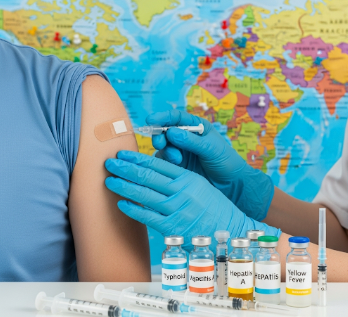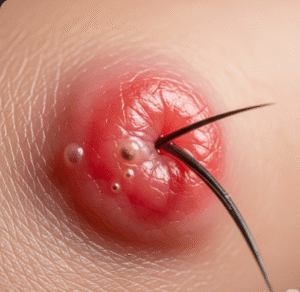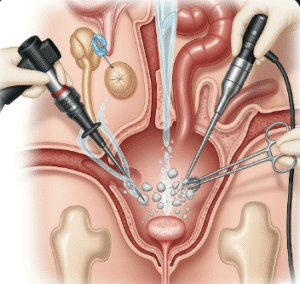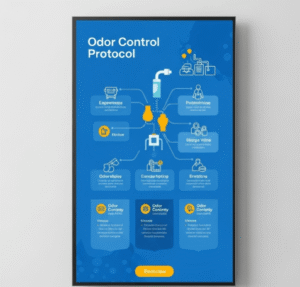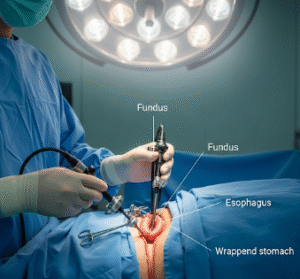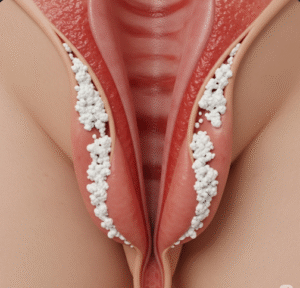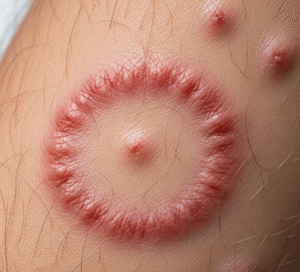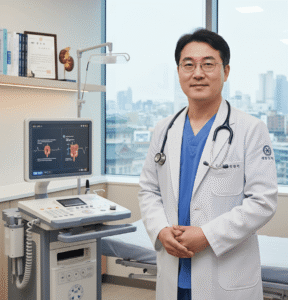What it is
Travel vaccinations are immunizations recommended or required for people traveling to specific countries or regions to protect against infectious diseases.
➡ Key facts:
- Protect against diseases like hepatitis A and B, typhoid, yellow fever, rabies, Japanese encephalitis, meningitis, and more
- Can be routine, recommended, or mandatory, depending on the destination
- Administered at travel clinics, public health centers, and hospitals across Korea
- Essential for preventing illness during international travel and protecting local populations
💡 Travel vaccinations reduce the risk of serious infections and ensure safe travel.
Why it’s done
Vaccinations are important because:
➤ Disease prevention → Protects against infections not common in Korea
➤ Compliance with entry requirements → Some countries require proof of vaccination (e.g., yellow fever)
➤ Reducing health risks abroad → Prevents complications or hospitalization during travel
➤ Protecting vulnerable populations → Prevents transmission to family or local communities
➤ Peace of mind → Ensures travelers feel safe and confident
⚠ Without proper vaccinations, travelers may face serious illness, travel restrictions, or quarantine.
Alternatives / Complementary Measures
Other ways to reduce infection risk include:
✔ Preventive medications → For malaria, cholera, or traveler’s diarrhea
✔ Safe practices → Hand hygiene, safe food and water, mosquito protection
✔ Travel advisories → Follow guidance from WHO or local health authorities
✔ Health insurance and travel clinics → Emergency care and consultation
⚠ Vaccinations remain the most effective method of protection against specific infectious diseases.
Preparation
Before travel vaccinations in Korea:
🔹 Travel consultation → Discuss destinations, duration, and activities
🔹 Medical history review → Chronic diseases, allergies, pregnancy status, previous vaccinations
🔹 Vaccination schedule → Some vaccines require multiple doses or pre-travel timing
🔹 Fasting or other instructions → Usually not required, but follow clinic guidance
🔹 Documentation → Bring vaccination record or “yellow card” for required vaccines
💡 Korean travel clinics provide personalized vaccine plans based on destination and traveler health.
How it’s done
➡ Step-by-step vaccination process:
- Consultation → Risk assessment, vaccine selection, and schedule planning
- Vaccine administration → Injectable, oral, or nasal depending on vaccine
- Observation → Short monitoring period for adverse reactions
- Follow-up doses → Some vaccines require additional doses days or weeks later
💡 Travel vaccinations are safe, quick, and monitored by trained healthcare professionals in Korea.
Effectiveness & Success Rate
✔ Highly effective when full vaccination schedule is completed
✔ Prevents diseases such as hepatitis A/B, yellow fever, typhoid, rabies, Japanese encephalitis
✔ Protection duration varies by vaccine; some offer long-term immunity, others require boosters
✔ Combined with preventive measures, vaccinations significantly reduce travel-related infection risk
💡 Korean travel clinics maintain up-to-date vaccines approved by WHO and the Korean CDC, ensuring reliable protection.
Recovery / Expected Outcomes
✔ Immediate effects → Minor discomfort or soreness at injection site
✔ Short-term reactions → Mild fever, fatigue, or headache may occur
✔ Full immunity → Developed over days to weeks depending on vaccine
✔ Activity resumption → Normal daily activities can be continued immediately after vaccination
✔ Travel readiness → Immunity provides protection for the planned trip
💡 Most travelers experience minimal side effects and maximum protection.
Complications / Risks
⚠ Travel vaccinations are generally safe, but may cause:
➡ Local reactions → Redness, swelling, or tenderness at injection site
➡ Systemic reactions → Mild fever, fatigue, headache, or muscle aches
➡ Allergic reactions → Rare but possible; managed immediately by healthcare staff
➡ Contraindications → Pregnancy, immunocompromised status, or prior severe reaction
💡 Korean travel clinics monitor post-vaccination reactions and provide guidance for managing side effects.
Treatment Options in Korea (Post-Vaccination Care)
🔹 Symptom management → Paracetamol or NSAIDs for mild fever or soreness
🔹 Follow-up schedule → Ensure completion of multi-dose vaccines
🔹 Documentation → Provide vaccination certificate for travel authorities
🔹 Health advice → Preventive measures during travel such as mosquito nets, safe water, and hygiene
🔹 Emergency care → Available in case of severe reactions or travel-related illness
💡 Korea emphasizes comprehensive travel health planning and education to ensure safe journeys.
Top Hospitals & Travel Clinics in Korea
🏥 Seoul National University Hospital Travel Clinic – Full range of travel vaccines and consultation
🏥 Asan Medical Center (Seoul) – Expertise in tropical diseases and immunization
🏥 Samsung Medical Center Travel Health Services – Personalized vaccine plans and follow-ups
🏥 Public Health Centers – Provide recommended and mandatory travel vaccinations
🏥 Private travel clinics – Offer rapid service, booster doses, and vaccination documentation
Conclusion
Travel vaccinations in Korea are a critical component of safe international travel.
✔ Protects against serious infectious diseases not common in Korea
✔ Ensures compliance with international travel requirements
✔ Safe, effective, and tailored to individual traveler health and destination
✔ Korean clinics provide expert consultation, reliable vaccines, and post-vaccination support
By combining up-to-date immunizations, personalized risk assessment, and preventive advice, Korea ensures travelers remain healthy and protected during their journeys abroad.

